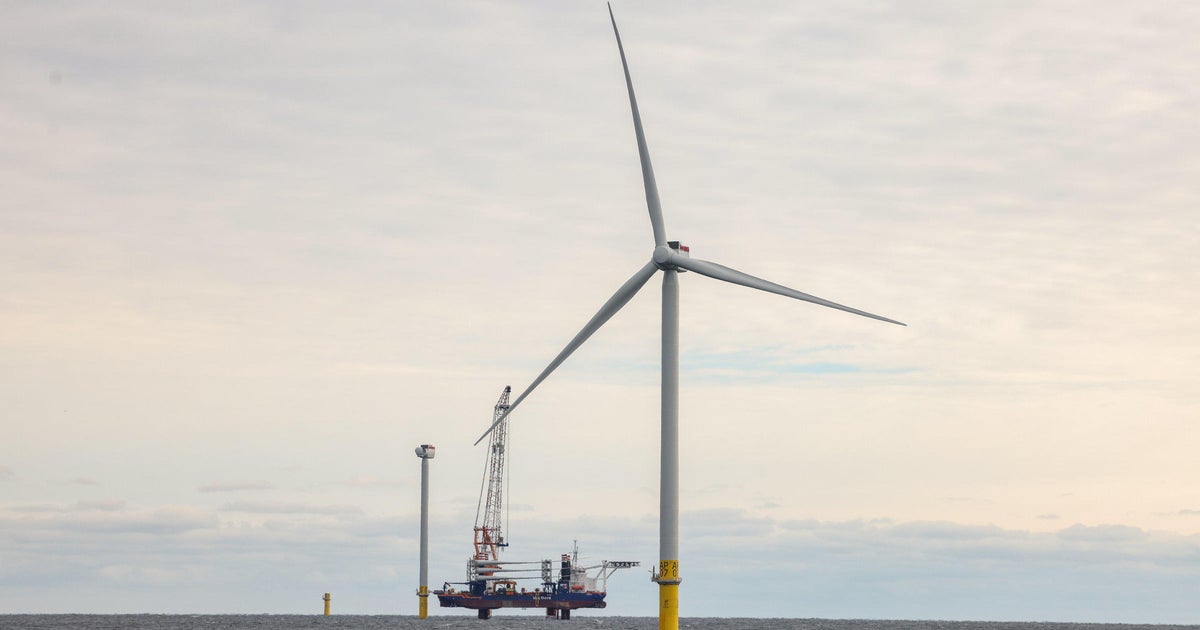Long Island Wind Farms: A Controversial Pause
The future of Long Island's ambitious offshore wind farms is uncertain after President Trump's administration halted lease sales and permits for new projects. This decision, prioritizing oil, gas, and coal, throws a wrench into New York's plans to transition to renewable energy and power millions of homes with wind energy.
<figure> <img src="https://assets1.cbsnewsstatic.com/hub/i/2024/09/10/36c46d7a-3ca2-4208-8c75-52bedb12753a/0037-carolyn-gusoff-circle-button-1000x1000.png" alt="Long Island Wind Farm"> <figcaption>Long Island's offshore wind farms are a key part of New York's renewable energy strategy.</figcaption> </figure>Supporters and Opponents Clash
Supporters argue that offshore wind is crucial for combating climate change and creating new jobs. Melissa Parrot, executive director of Renewable Energy Long Island, emphasizes the urgent need for a shift to renewable energy sources to curb CO2 emissions and mitigate the effects of climate change. The first wind farm is already operational and exceeding expectations.
However, opponents like Christina Kramer of Protect Our Coast - LINY, argue that wind energy is unreliable, expensive, and environmentally damaging. They raise concerns about potential harm to marine life and the visual impact of turbines. Island residents express similar concerns, questioning the cleanliness and overall environmental impact compared to fossil fuels.
A Political Standoff?
The debate is not just about environmental issues; it's also deeply political. Former Rep. Anthony D'Esposito cites concerns over battery storage and transmission routes, supporting the federal pause. Others, like Adrienne Esposito of the Citizens Campaign for the Environment, point to the close ties between the Trump administration and the fossil fuel industry as a driving factor behind the decision.
Uncertain Future for New York's Energy
The pause in offshore wind projects throws New York's energy goals into uncertainty, jeopardizing the plan to power 10 million homes by 2030. While some, like Billy Haugland of the Haugland Group, advocate for an "all-of-the-above" energy strategy, the future of offshore wind in New York remains uncertain. The debate highlights conflicting views on energy sources, environmental impact, and political influence.





Comments
Join Our Community
Sign up to share your thoughts, engage with others, and become part of our growing community.
No comments yet
Be the first to share your thoughts and start the conversation!